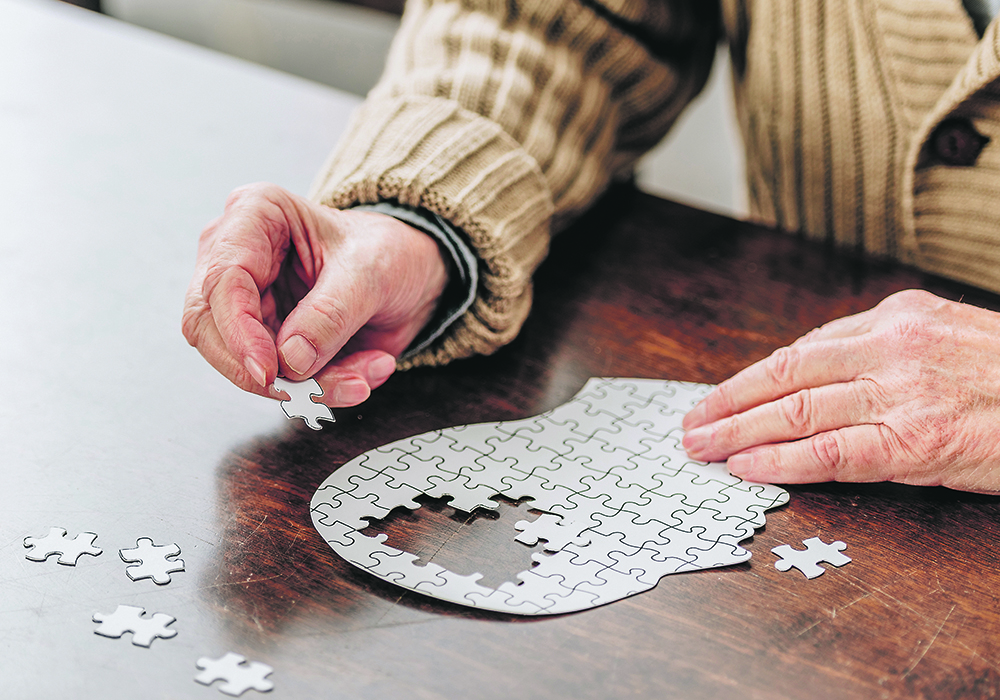Q: I am concerned about my grandmother. She is in her late 70s and is in so many ways doing very well for someone broaching old age.
However, lately we have noticed that she is becoming increasingly forgetful. Naturally, when we see that we get worried about the possibility of Alzheimer’s disease.
What signs should we be looking for?
A: I am glad you are so attentive to your grandmother. I wish that more seniors had the same support that you are giving her. So let me help you by getting you off the hook.
Read Also

Vintage power on display at Saskatchewan tractor pull
At the Ag in Motion farm show held earlier this year near Langham, Sask., a vintage tractor pull event drew pretty significant crowds of show goers, who were mostly farmers.
You do not need to know a lot about Alzheimer’s disease. It is a very complicated disorder, one that is at times hard to diagnose and at other times even harder to treat.
Your best bet to help Grandma is to work as much as you can with her medical staff. Make sure that she makes and attends those necessary appointments. If Grandma is agreeable, you might also ask to sit in during the appointments just to make sure that you are getting the best information on how to help her.
The medical staff caring for her has all that you need to know to support her.
I would like to commend you for checking out Grandma’s cognitive abilities, most specifically her sporadic memory loss.
Often the first signal that Alzheimer’s is something about which we have to reckon is loss of memory, a struggle with decision making and at times disorientation to time and space (getting lost in familiar territories).
The problem is that these same cognitive challenges might be red light signals for a number of different disorders, not just Alzheimer’s.
Or they might not relate to a disorder at all.
Some people struggle with memory mostly because they are cognitively a little bit lazy, others because they have so many concerns crowding their neurological structures that they cannot possibly keep track of everything at once.
My suggestion is that rather than worrying about whether your mother’s mother is being challenged by some sort of neurological disorder (you are going to leave that concern to her family doctor), you look for ways to help Grandma overcome or at least minimize the discomfort that memory loss can leave with her. Would it be helpful for Grandma to have a little notebook that she can carry in her pockets to remind her of whatever it is that she has to do that day?
What would happen if you and others in your family called Grandma regularly, every day, to remind her to take her medication?
Maybe you will have to volunteer to drive her to her appointments just to make sure that she gets there.
Whatever you do don’t disorient Grandma. Don’t move her to new and different quarters until it is absolutely necessary. She is going to struggle if she is suddenly placed in either a care facility that is totally alien to her or to the upstairs bedroom of a kindly family member, actually to any place that is strange and different and will require a significant learning curve just to know where the washroom is and where she is going to hang her collection of pretty dresses. The more you can respect Grandmother’s memory loss, and work within those boundaries it is presenting to all of you, the greater are the chances that these last few years with Grandma will be rewarding and enjoyable for all of you.
Jacklin Andrews is a family counsellor from Saskatchewan. Contact: jandrews@producer.com.

















